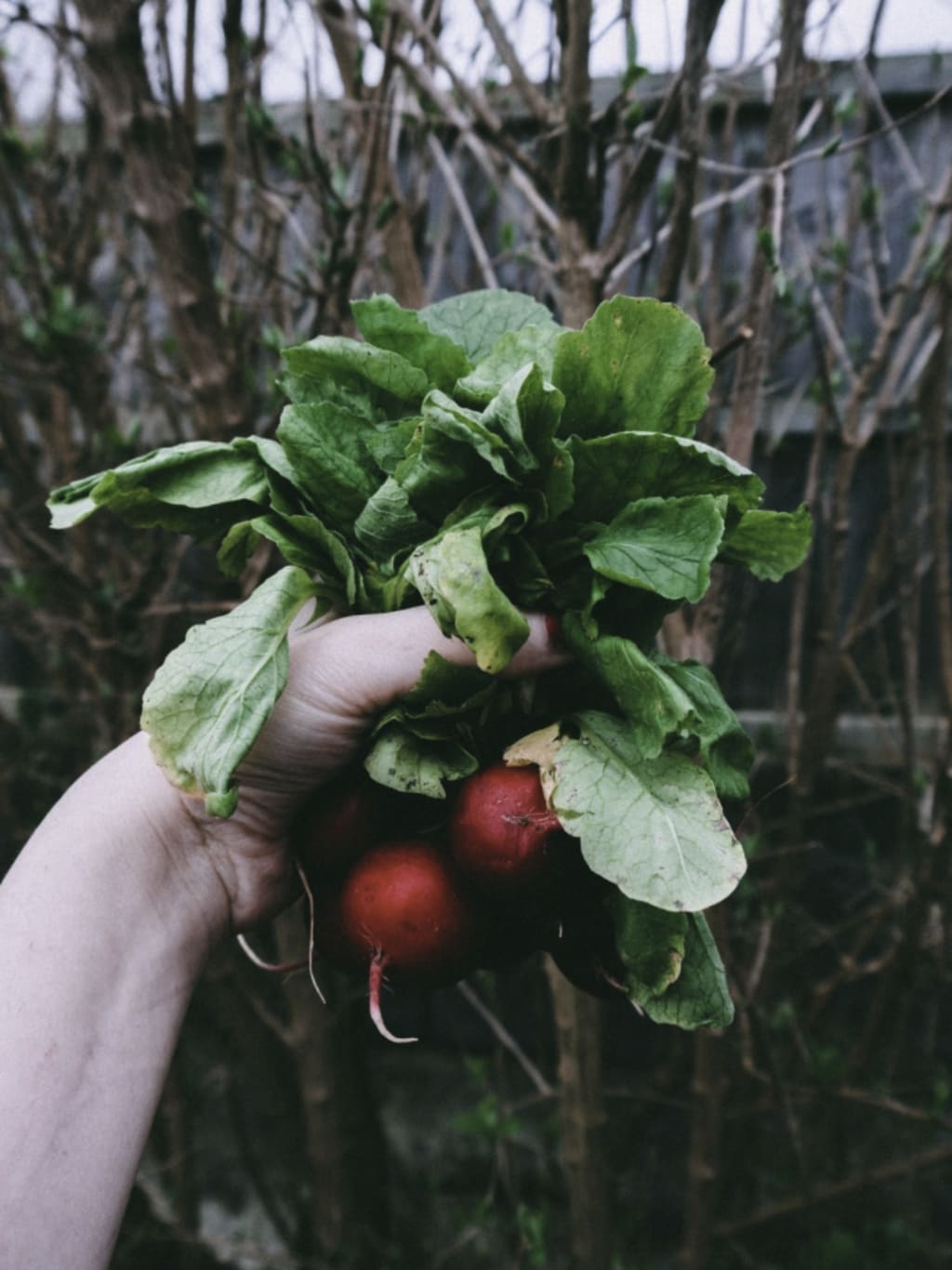U.S. Community Gardens By the Numbers
These are the five cities around the U.S. with the most community gardens.

There's very little that is more community building than working together with others in your area in order to grow food, flowers, or essential herbs. The act of doing something so hands-on connects you to the earth, to your roots, and to the others who are working alongside of you. That's why community gardens are so helpful, especially in a time like this.
As shelter-in-place restrictions start lifting in phases, Americans are on the hunt for outdoor activities where they can lend a helping hand, and stay connected with their fellow community members, while still staying a healthy 6 feet apart. Community gardens are the perfect venues for accomplishing this.
Community gardens offer several key environmental benefits to an urban area including increasing biodiversity for plants and animals, reducing run-off, and enhancing overall air quality within cities. But in addition to their positive environmental impact, community gardens also offer health-related and sociocultural benefits for urban residents such as strengthening social networks within communities, promoting consumption of healthy foods, such as fruits and vegetables, improving mental health, and providing food supply for low-income areas.
Greenleaf Communities, an environmental non-profit, stated that urban community gardens are connected with decreased crime rates and “urban agriculture can teach residents useful skills in planning, food production and business.” With all of their advantages, city planners are taking notice and a community garden movement has been flourishing throughout the U.S. over the last decade. The Trust for Public Land confirmed that the number of city garden plots devoted to community gardens had increased by 44% between 2012 and 2018.
A new 2020 study by Breck’s, showed the cities in the U.S. who have the largest number of community gardens, using data from the American Community Garden Association. The results showed that the Midwest is certainly a hub for community gardening. St. Louis, MO alone has 106 total community gardens, while Cincinnati, OH has 95 and Columbus, OH has 80. As the headquarters for the National Garden Clubs, Inc. and with healthy precipitation levels, St. Louis appears to be a capital for gardening in the U.S. as a whole. Many community gardens in Cincinnati & Columbus get their local communities involved through potluck dinners, sustainable living educational classes, and offering produce in exchange for volunteer hours.
The study also listed Denver, CO and Houston, TX as the 4th and 5th ranked cities with the most community gardens, with 79 and 52 community gardens, respectively. Many well-known Denver-based community gardens, like Urbiculture Community Farms, are promoting sustainable agriculture. Urbiculture works on donated plots of land throughout Denver to “educate our neighbors on growing food and promoting healthy, active lifestyles, beautifying our neighborhoods with edible landscapes, and lessening the distance from farm to plate.”
Houston’s largest community garden, Urban Harvest, partners with local elementary schools and farmer’s markets to provide food education for the city. Houston is another nerve center for gardening, with an average temperature of 72 degrees during the spring through fall seasons and 347 garden clubs, according to the Breck’s study.
In addition to these five cities, the community garden movement has swept thousands of city plots in urban areas around the U.S. including Atlanta, GA, San Antonio, TX, Detroit, MI, and Boston, MA -- all with 35+ community gardens within their greater metropolitan areas. While some cities prioritize these gardens, others do not. Las Vegas, NV, Virginia Beach, VA, and Riverside, CA were reported to only have 2 community gardens per city.
If you’re interested in getting involved within a community garden local to you, The American Community Garden Association’s “Find a Garden” tool is a great place to get started.






Comments
There are no comments for this story
Be the first to respond and start the conversation.